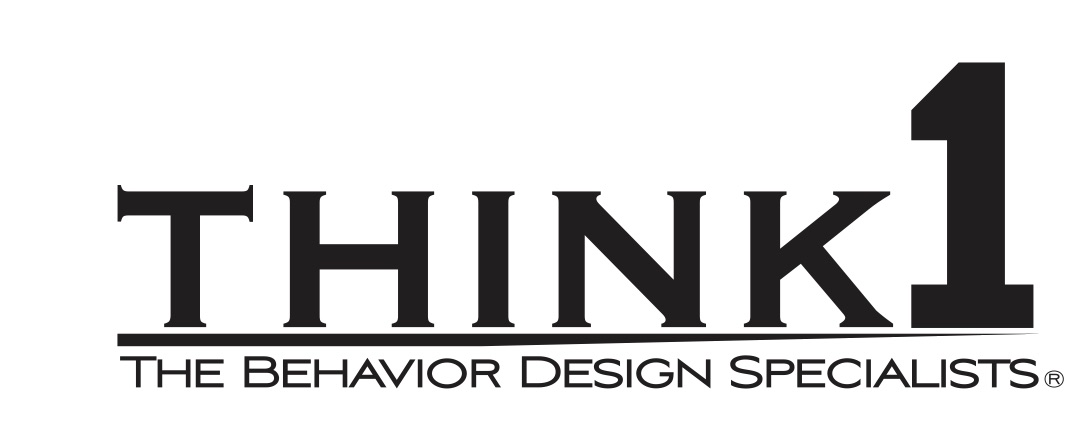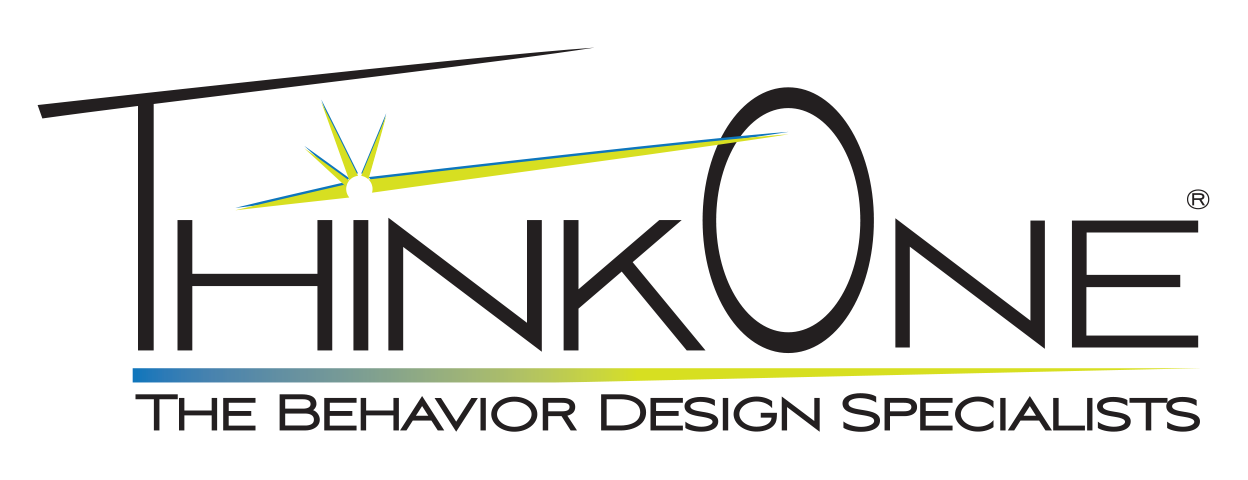Athletic Services

SPORT PSYCHOLOGY
Sport Psychology is the concentration of improving human behavior in exercise and sport settings. ThinkOne examines what motivates athletes, what angers them, and what scares them. Primarily we employ Psychological Skills Training (PST) methods that attempt to regulate arousal and anxiety (both somatic and cognitive) so that when an athlete competes at the highest levels they are able to deploy their true psychological and physiological self. ThinkOne employs progressive and evidence based content and delivery systems customized for the individual athlete, group or team, or organization wide initiatives.
PSYCHOLOGICAL/PERSONALITY ASSESSMENTS
Dr. Rick Perea, Ph.D., is a level C (highest level) psychological/personality assessment interpreter. ThinkOne is qualified and trained to administer personality assessments to measure characteristics that are observable (overt) and not observable (covert). For example, thoughts, feelings and perceptions are covert behavior which we cannot observe with the naked eye. Here in lies the value of a personality assessment; when determining employee selection for teams and organizations, ThinkOne can look into the “window” of a person’s covert behavior and illuminate potential weaknesses or vulnerabilities. The assessments can also illuminate “hidden” competencies and acumen among potential workers. Find out how the use of psychological/personality assessments can make your organization more dynamic and competitive in today’s ever changing climate and culture of organizational behavior.
HIGH SCHOOL; COLLEGE; AND PROFESSIONAL ATHLETE COACHING & COGNITIVE REFRAMING & DISMANTLING OF BELIEF SYSTEMS. BEHAVIORAL REHEARSAL WITH EMOTION REGULATION TO ENSURE SKILL COMPETENCY.
ThinkOne works with athletes from all three levels and designs custom programs that enable athletes to think with clarity, sequence and consistency. Because athletic performance is human behavior, ThinkOne can help athletes’ at all three levels to control or regulate their behavior through protocols and practices that cultivate performance inducing thinking. Thinking positively and sequentially helps athletes regulate optimum levels of arousal which in turn moderates anxiety.
SELF-HANDICAPPING & SELF-DEPRECIATING BEHAVIOR
Often, athletes will “handicap” themselves in order to reduce arousal and anxiety. This is done by self-depreciating communication and behavior. ThinkOne can help athletes at all three levels to “reframe” the way they approach the competitive situation and not only thrive in previously dreadful situations, but embrace and thrive in situations that are both challenging and taxing. ThinkOne uses PST to help athletes replace handicapping behaviors with systematic and sequential protocols.
ACADEMIC COACHING
Athletes at the high school and college levels find PSTs to be particularly helpful in regulating arousal and anxiety to help themselves enjoy success in the classroom. PSTs are uniquely valuable in that they are essentially life skills applied to the specific context and/or situation. A high percentage of ThinkOne clients that enjoy success in the athletic context, also show remarkable improvement in the classroom.
HIGH SCHOOL STUDENT/ATHLETE COLLEGE CONSULTING
Because ThinkOne’s primary principals are former athletes that have also experienced the recruiting process through their children’s experiences as division one scholarship athletes, they are uniquely positioned to impart a great deal of knowledge on how the recruiting process works today. Also, finding the right fit for your student/athletes is paramount to experiencing both academic and athletic success regardless of division at the college level. ThinkOne offers an objective voice regarding academic and athletic choices to ensure a great person-environment fit for your student/athlete.
PSYCHOLOGICAL INJURY RECOVERY
Although physical factors such as muscle imbalances, high speed collisions and over-training can cause sport injuries, psychological factors have also been identified as an antecedent. Personality factors, stress levels, and anxiety not only play a central role in injury acquisition, but they also are primary factors during injury recovery. While some athletes come back fairly quickly from sport induced injuries, many athletes psychologically struggle with returning to pre-injury mind-set and/or assertiveness. ThinkOne provides athletes with evidence based protocols and practices to not only return to pre-injury mental processes; but often, these athletes learn to exceed former levels of cognition thus enhancing their opportunity for sport success.
PARENT REFRAMING
Interestingly, by the time ThinkOne is procured to work with individual athletes at the high-school and college levels, parents often perceive them to be struggling with confidence (self-efficacy), motivation and performance issues. However, often it is the parent who needs to be “reframed” to allow their athlete to be autonomous and self-sufficient. ThinkOne provides parents with simple, pragmatic, yet impactful practices and protocols to unleash the organic potential in their athlete. ThinkOne uses a systems approach regarding this procedure to address all individuals who may be enabling the perceived ineffective outcomes of the athlete.
LEADERSHIP/FOLLOWERSHIP TRAINING/COACHING
ThinkOne is internationally recognized for its pedagogical delivery system regarding leadership/followership. ThinkOne postulates different leadership styles and how they psychologically fit with followership to enact group/team and organization cohesion. ThinkOne educates its clients how everyone on their team asserts value laden leadership characteristics and teaches them how to cultivate and foster it at competitive levels.
COMMUNICATION SKILLS TRAINING (CST)
In the sport organizational context, interpersonal communication problems are often misdiagnosed as behavioral issues. ThinkOne aligns organizational goals and objectives with autonomous functional interpersonal communication protocols and practices. How workers communicate with each other (interpersonal communication) is vital to organizational task cohesion. Also, how workers communicate with themselves (intrapersonal communication) is vital to individual comportment and overt and covert behavior. CST is often a more practical and pragmatic methodology to delineate how people get along and accomplish tasks on a daily basis.
PROCURING THINKONE’S SERVICES
If you procure ThinkOne for your value-laden intervention, we will design and enact custom interventions that fit your specific needs. You are encouraged to contact ThinkOne for further clarification on how we can get you closer to your operational and procedural goals and objectives as an individual, group/team or organization.
